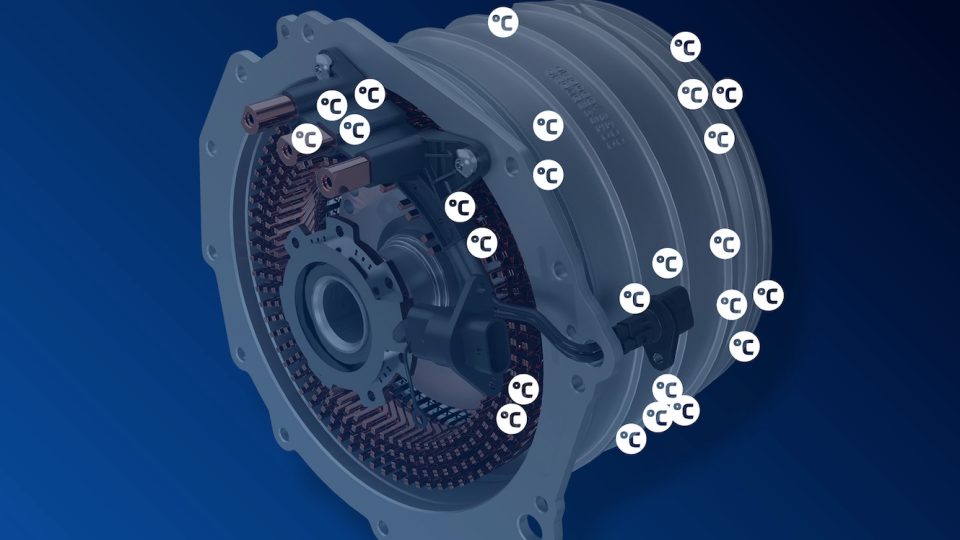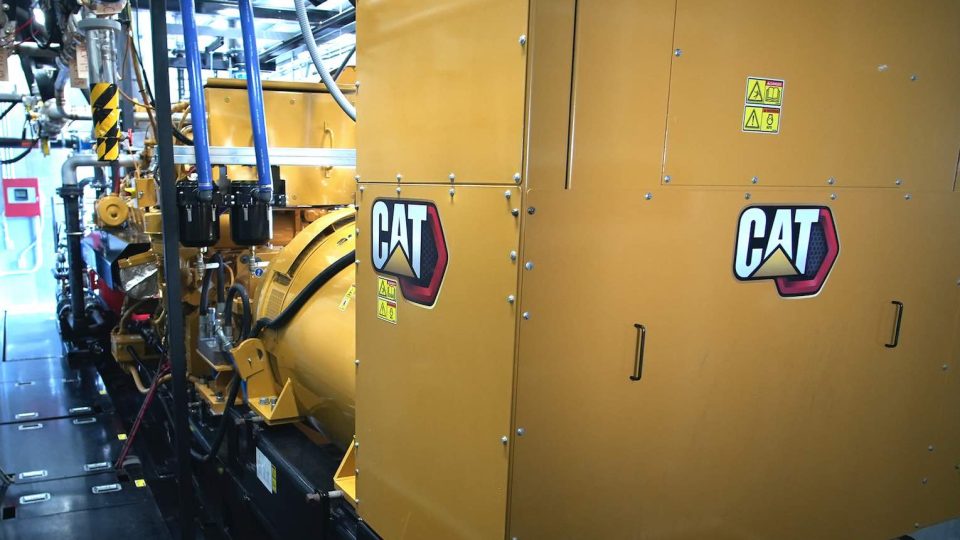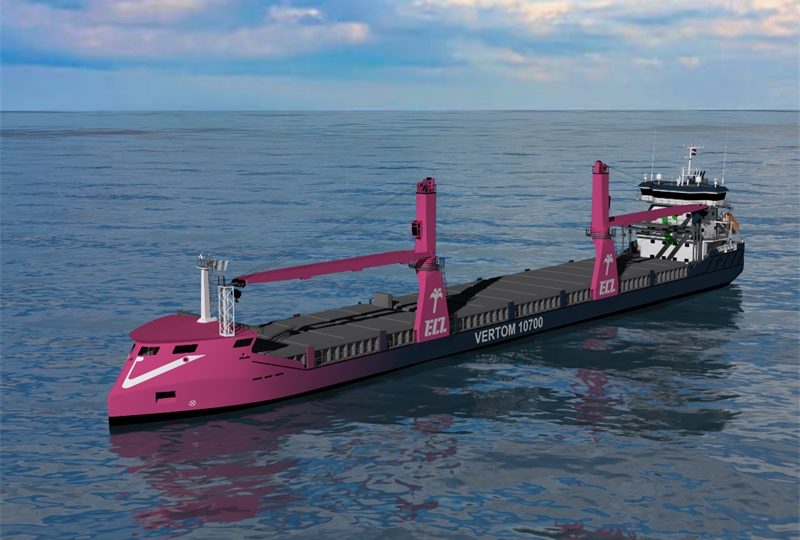Buses: diesel or alternatives? For now, diesel wins
For long-distance buses, the evolution towards less polluting forms of traction calls into question a series of perspectives that are still not defined and with a timing not particularly close. Until beyond 2030, there is no possibility of replacing diesel on long-distance roads. That’s what the European Commission says. However, the market is already looking […]
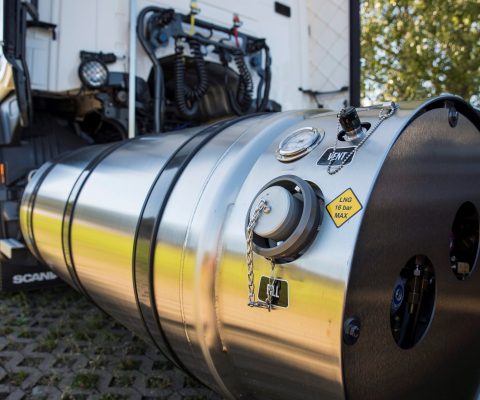
For long-distance buses, the evolution towards less polluting forms of traction calls into question a series of perspectives that are still not defined and with a timing not particularly close. Until beyond 2030, there is no possibility of replacing diesel on long-distance roads. That’s what the European Commission says.
However, the market is already looking at alternatives. LNG, biofuels, hybrid: it is the triad of options that seems to be more realistic in the eyes of the builders. The objective is to evaluate a shelter against future reductions in the circulation possibilities for diesel vehicles. At the moment, however, there seem to be no viable alternatives to diesel on the long-distance market. Below are the results of a study by IRU (International road transport) on the matter.
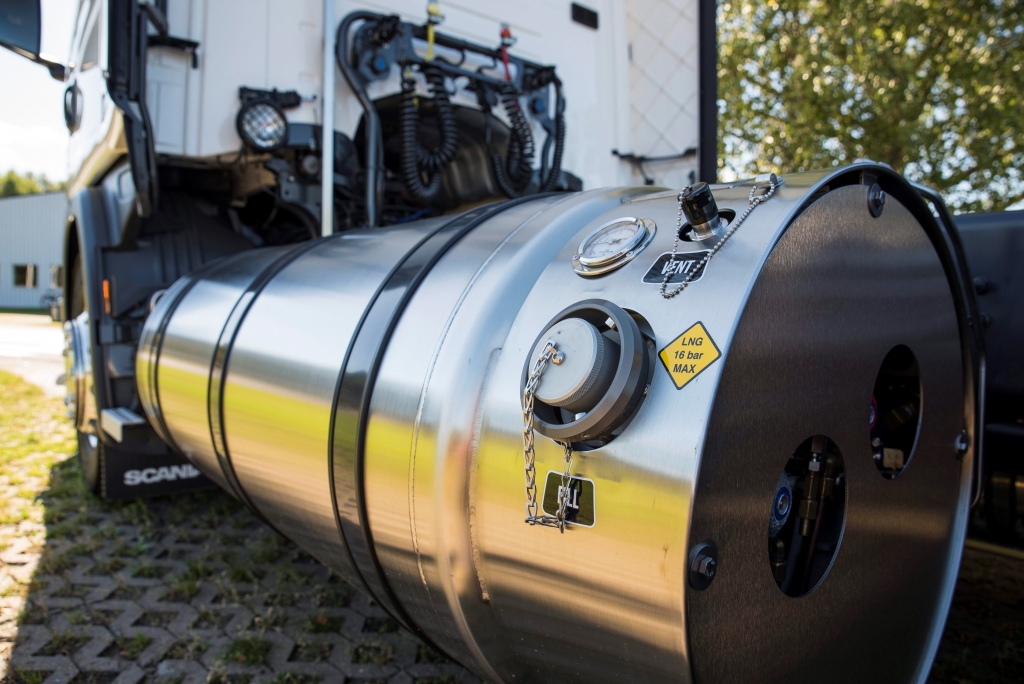
If not diesel, what?
What are the alternatives? Let’s start listing them. First we find the liquefied natural gas. The LNG is a mature technology in the truck sector, with an expanding supply network and at the center of Scania’s projects in the bus sector. In fact, at the last Iaa in Hannover, Scania launched the first LNG coach in the world.
Then there are the biofuels, divided into two main families: Fame (biodiesel) and Hvo (hydrotreatedvegetableoil, composed of 70 percent diesel and 30 percent biofuel). In terms of sustainability, the match is unequal: the Hvo offers a greater potential for reducing emissions.
Third and last alternative is the diesel-electric hybrid, able to operate with diesel for most of the time to switch to zero emissions in the urban area. The full electric battery, today, is still not a viable solution. Autonomy is a very tight bottleneck.
To date, the most viable solution, at least for the next fifteen years, is liquefied natural gas. The main barrier to the adoption of LNG vehicles is the presence of a capillary supply network. This network, however, is growing rapidly.
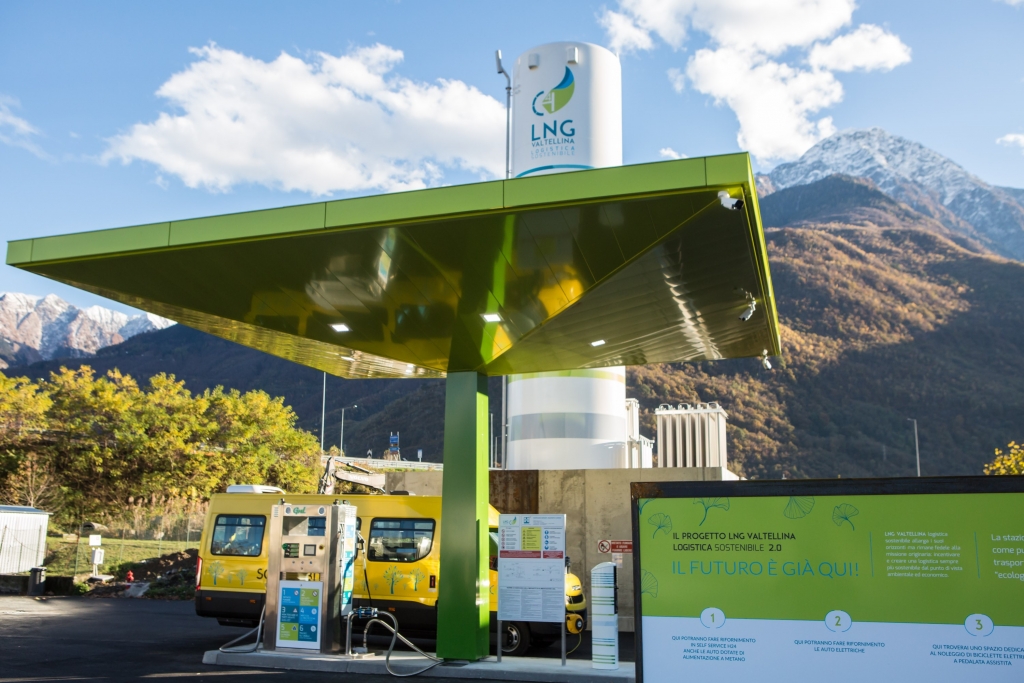
A transition that is not convenient
And the other types? While vehicles powered by Hvo do not require additional costs in terms of initial investment, but the total costs exceed those of a diesel vehicle by around 14 percent, due to the higher cost of the fuel. In the case of hybrid vehicles, the annual cost increase is quantified at 4.3 per cent, due to the higher initial cost and maintenance costs.
In a nutshell: the savings calculated by the IRU are 3,100 euros with the transition to the LNG, while the additional cost is 3,600 euros if opting for the hybrid and up to 11,300 euros in the case of the Hvo.
But what are the environmental effects? Evaluating the exhaust emissions compared to a Euro VI diesel tour bus, the environmental performance of bio LNG shows a 50 percent reduction in NOx and 90 percent in particulate matter. As regards to Hvo, no particular benefits have been observed.
ENI’S POINT OF VIEW ON BIODIESEL
As for CO2, the study called into question a well-to-wheel approach. Results? Bio LNG allows a 30% reduction in CO2 emissions compared to Euro VI diesel, followed by a 15% reduction through Hvo and 10% of the hybrid.
We’ll talk about it in four years
Considering an average renewal rate of the European coach fleet of 5 percent, the study calculates that by 2035 more than half of the coaches in circulation on the old continent will be crossing the highways without burning fuel. Only at that point, argues the IRU, the “diesel ban” will actually take their course: “If the bans on the circulation of diesel tour buses were to come into force before 2035, half of the European coach fleet would remain without the possibility of complete its natural renewal cycle”.
If the spread of alternative-traction vehicles is going be imposed in a coercive manner in the absence of an adequate regulatory framework, for example through premature “diesel bans”, the scenarios show that the consequences would be very negative for operators.






